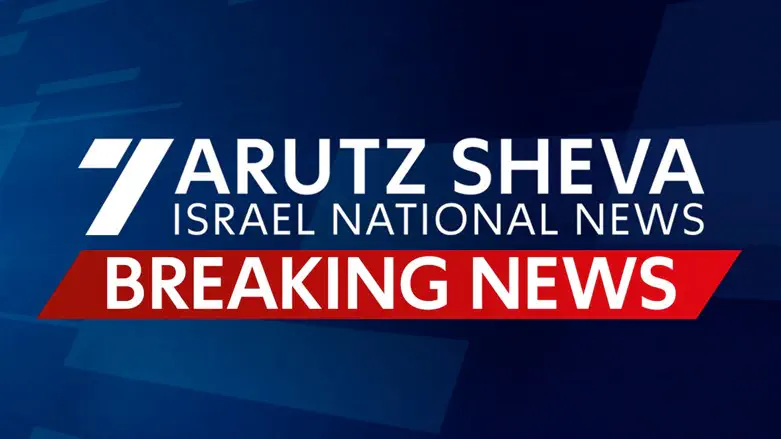**Iranian Hackers Breach Israeli Defense Minister's Phone**
TEL AVIV, ISRAEL - In a shocking revelation, Israeli Defense Minister Naftali Bennett has publicly admitted that his personal phone was compromised by Iranian hackers. The admission comes as tensions between the two nations continue to escalate.
Bennett made the announcement during an emergency meeting with senior officials in Jerusalem, stating that he had been made aware of the breach after a thorough investigation by Israeli cybersecurity experts. According to Bennett, the hack was carried out by a group linked to the Iranian Revolutionary Guard Corps (IRGC).
The Defense Minister revealed that his phone had been compromised through a phishing attack, which allowed the hackers to gain access to sensitive information. However, Bennett assured that no classified or top-secret data was accessed during the breach.
"We take the security of our leaders' communication very seriously," said Bennett in a statement. "The fact that Iranian hackers were able to breach my phone is disturbing, but we are working tirelessly to prevent such incidents in the future."
The incident has raised concerns about the vulnerability of Israeli officials' phones to cyber threats. Israel's military intelligence agency, Mossad, and other security agencies have been alerted to the potential risks of phishing attacks on high-ranking officials.
Iranian hackers have been blamed for several high-profile breaches in recent years, including a 2020 attack on the United States Department of Treasury's computer systems. The incident has also sparked debate about Israel's preparedness to counter Iranian cyber aggression.
Bennett's admission comes as the international community continues to grapple with the complexities of cyber warfare. As nations become increasingly reliant on digital communication, the threat of state-sponsored hacking poses a significant challenge to national security.
